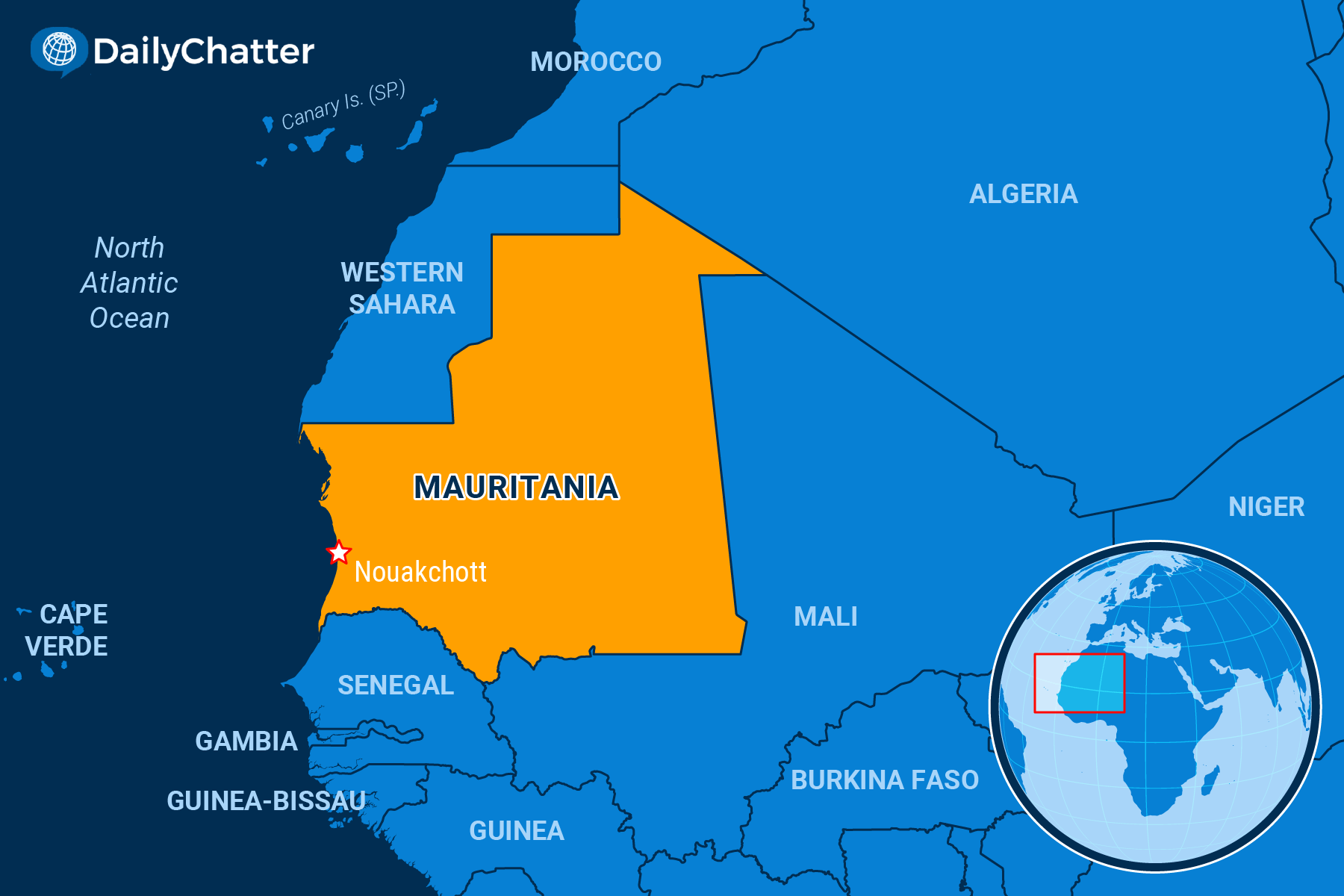NEED TO KNOW
Heeding Candide
MAURITANIA

Algeria recently accused Moroccan forces of killing three Algerian citizens who were driving a truck from the Mauritanian capital Nouakchott to the Algerian city of Ouargla. As Agence France-Presse explained, Morocco’s regional rival, Algeria, supports the rebels who are fighting for independence for Western Sahara, a coastal region on the Atlantic Ocean that Morocco claims as its sovereign territory abutting the Mauritian border. Morocco, meanwhile, alleged that rebels were carrying weapons in the truck. Still, they denied that Moroccan forces had carried out the strike, suggesting instead that the truck hit a mine, the Middle East Monitor wrote.
To say Mauritania is in the middle of things would be an understatement. Mauritania signed a peace accord with the Western Sahara rebels and gave up its claims to the region in the late 1970s, the Washington Post wrote. Now its diplomats are working to bring peace to the region, according to Morocco World News.
An American ally in the war against terror despite the voices of critics who think officials are too quick to compromise human rights, as Middle East Eye wrote, Mauritania criminalized slavery only in 2007. The Forest Park Review recounted a US State Department-sponsored fact-finding mission on slavery with the Chicago-based Abolition Institute in the West African country that noted how slavery is alive and well in the country.
Yet developing Mauritania, a massive but sparsely populated country that is six times the size of Florida but with only 4 million residents, is seeking to avoid conflicts like those between Morocco and Algeria while peacefully growing its economy and navigating the powerful ideological and political forces that sometimes threaten to tear the country apart.
This summer, Mauritanian officials arrested former president Mohamed Ould Abdel Aziz on corruption charges related to offshore oil projects, Reuters reported. The detention was the culmination of a power struggle between Aziz and current President Mohamed Ould Ghazouani in a nation that has a long history of coups and violent power transitions, added World Politics Review.
Ghazouani is trying to make his mark. With Amazon CEO Jeff Bezos, Britain’s Prince Charles and French President Emmanuel Macron, he’s proposed a massive new reforestation project in the Sahel region of Africa – which also touches Mauritania – for example, to tackle climate change, according to the Daily Maverick, a South African news magazine. He’s trying to steer payments to impoverished people to reduce inequalities originating in slavery, the Economist wrote.
Also, he is working closely with the World Bank and International Monetary Fund and looking into natural gas exploration to grow the economy after the coronavirus pandemic, which hit a country that is deeply impoverished.
As its neighbors’ rattle sabers, Mauritania seems satisfied with cultivating its own garden, which is a good thing because that garden is still mostly full of weeds.
To read the full edition and support independent journalism, join our community of informed readers and subscribe today!
